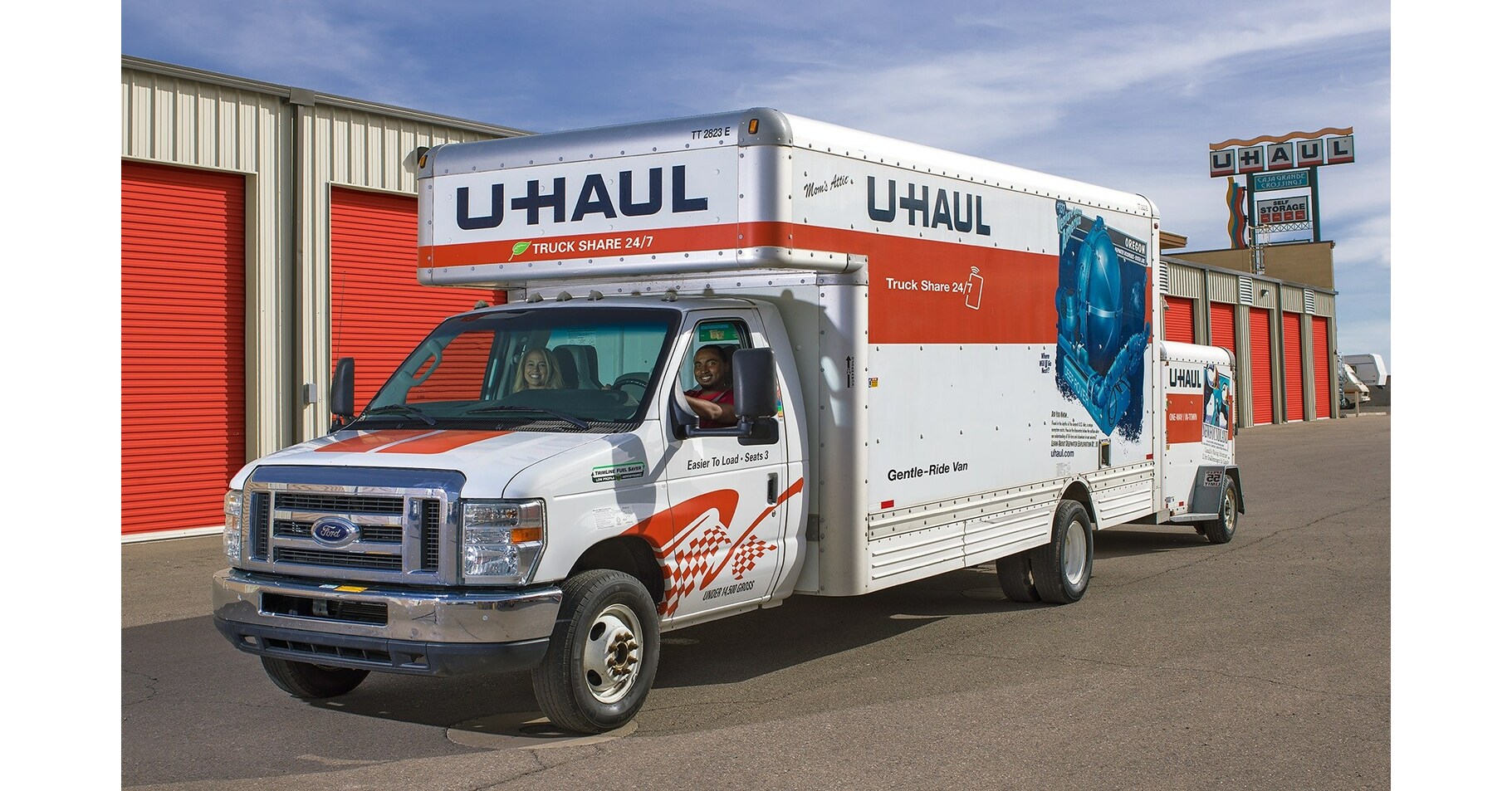This question comes up every summer, as leases are renegotiated for the upcoming year. Most leases in eastern Massachusetts turn over during the summer because the Boston metro area is highly influenced by the academic calendar.
If you have an annual lease, the landlord can increase the rent at the end of the annual lease. The amount of notice should be clearly stated on the lease.
If you are renting month to month, the landlord can increase the rent at the end of a month. The amount of notice should be clearly stated on the lease.
These terms are generally on the first page of your lease. If you don’t understand your lease, talk to an attorney.
Is there a limit on increases?
In Massachusetts, currently, there is no limit on what a landlord can charge for their rent. There is no limit on how much they can increase it. The only risk that a landlord takes when they increase the rent is that a tenant will move out and no one else will want to move in at the new price. This could cost the landlord thousands because there may be a vacancy while they find the next tenant and do typical between-tenant repairs, like cleaning and painting.
Choosing a landlord:
Larger buildings or buildings owned by corporations are notoriously difficult to negotiate with. Large-scale landlords are watching their bottom lines. It is harder to get an exception from them, since their staff are responsible to fill the apartments at the rent that the company expects to get for it. If you are living in such a building, consider working towards organizing with a tenant’s union.
 If you live in an owner-occupied house or one owned by someone who only owns a few properties, you are more likely to be able to negotiate an easing of rental increases. Human to human discussion is more likely to work with someone who is not making a living by landlording alone.
If you live in an owner-occupied house or one owned by someone who only owns a few properties, you are more likely to be able to negotiate an easing of rental increases. Human to human discussion is more likely to work with someone who is not making a living by landlording alone.
If you get an increase, one of the questions you should get answered is whether the landlord intends to increase the rent annually, or is this an adjustment because the carrying costs of the property went up. It is legitimate for a landlord to pass on some or all of the costs when water and sewer bills go up sharply, or taxes. However, a landlord that increases annually more than five percent is doing so because they can, not because they must. That’s the kind of landlord who will keep increasing the rent until you can’t stand it anymore.
Should I stay or should I go?
Rental prices have been increasing in an unsustainable way since 2021. There does not seem to be an end in sight. Whether you are moving into a new place this summer or staying put depends on whether you can find a better place for the cost of the new lease.
Can you go? You may be unable to move because of the cost of the transition. Landlords ask for first and last month’s rent, or a security deposit, or both. You won’t get your security deposit back from your current landlord before you leave. Then there is the labor of the move; you may pay for a truck or pay for movers. The cost of moving is steep.

August in the greater Boston area is a sea of rental trucks with people moving house. Good luck to all the renters who are searching for new places. May you find a nice place with stable rents and good landlords.

Leave A Comment